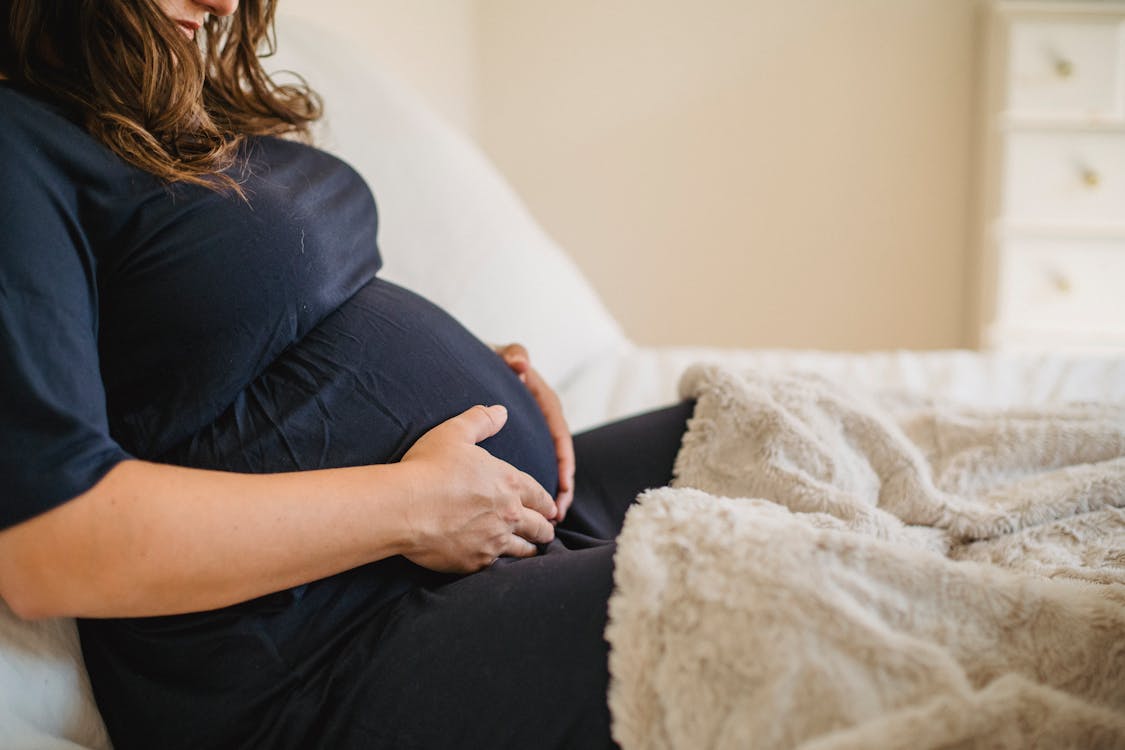
Pregnancy at a Later Age
Who was the eldest woman to ever give birth? That was a 67-year-old Romanian woman named Adriana Iliescu, a retired university professor. In 2005 she gave birth to two twin girls. While the vast majority of women would never plan to have children in their 60s, many women are continuing the recent trend of becoming pregnant later in life.
Greater financial stability
From 1981 to 2003, the birth rate of women aged 40-44 doubled. Women (and adults in general) typically have greater financial stability, the older they become. Thus, they generally focus on their careers, education, or other priorities, before they consider starting a family. However, health risks should be considered. By the time a woman reaches her late 30s, it is more challenging to fertilize her eggs. In fact, after a woman reaches 30 years old, every year her chances of becoming pregnant decrease by 3-5%, with the rate speeding up beginning at age 40.
Middle-aged women
Furthermore, after becoming pregnant, middle-aged women suffer from increased health difficulties. The women themselves tend to have medical conditions, such as high blood pressure and diabetes, prior to becoming pregnant. Also, an increase in congenital abnormalities begins. Additionally, the rate of miscarriages increases also, being roughly twice as high for older women as for younger women. Finally, for mothers over 40 years old, the chance of having a premature baby skyrocket by 40%, while the need for a cesarean delivery becomes twice as high.
Older women can take certain steps to minimize pregnancy complications that result from their ages. Genetic counseling and testing are typically available for women older than 35 years old. This type of examination can be completely basic and risk-free for the baby, such as the triple screen test. However, other types of testing, such as ultrasound and for Down syndrome, include hazards to the pregnancy. In addition, the following steps can be taken to reduce the chance of difficulties during pregnancies later in life:
Difficulties during pregnancies
- Avoid alcohol and cigarettes
• Begin an exercise program
• Take folic acid
• Address pre-existing medical problems
• Consume a healthy diet
With ideal and early prenatal care, and before the pregnancy if possible, midlife pregnancies can be as successful as those of women who are younger than 30 years old. It is vital for older women to have an exceptional health insurance plan, and to talk about their pregnancy plans, with a health care provider. This will ensure that the optimum pregnancy results will occur.





